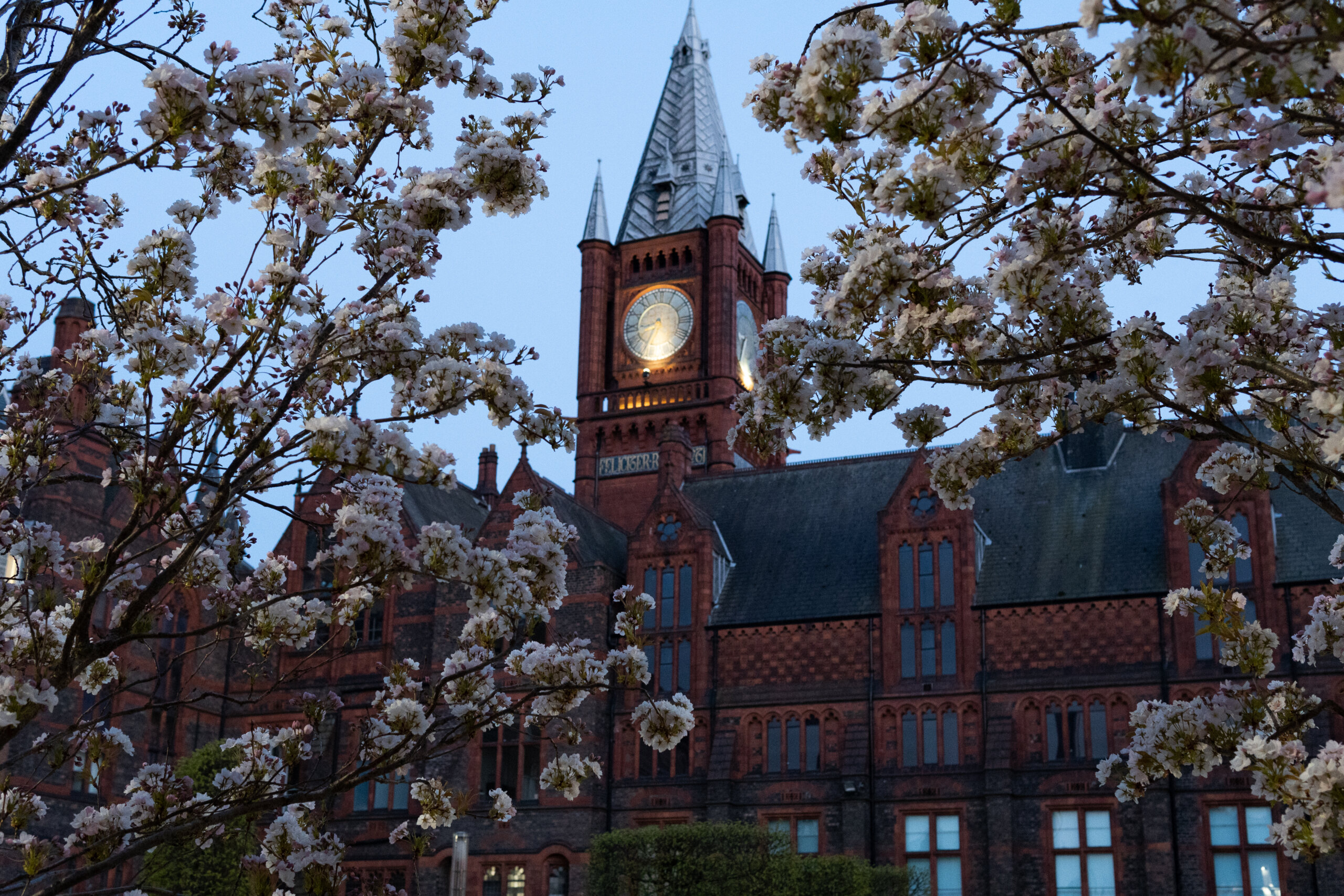6th November 2023
Listen
Listen

Opinion pieces are the view of the author and in no way reflect the view of the Liverpool Guild Student Media or Liverpool Guild of Students.

I don’t know about you, but it doesn’t feel like 2022. No, it feels like the beginning of 2021 again. Cases of the Omicron variant are rising exponentially, the hospitals are filling up, and Boris is back on the TV telling us to get vaccinated.
The B.1.1.529 variant, known to the world as Omicron, is the latest mutation of SARS-CoV-2. It has been described by the World Health Organisation as a ‘variant of concern’. Indeed, it is concerning. Omicron, first discovered in South Africa on the 24th of November, has spread to over 89 countries around the world. The genetic structure of the virus contains previously unseen mutations that researchers believe may enable it to overcome any immunity we may already have. “This level of immune evasion means that Omicron poses a major, imminent threat to public health” stated Professor Neil Ferguson of Imperial College London. Researchers have already indicated that the efficacy of the Pfizer-BioNTech vaccine – the one that most of us have had already – could be significantly reduced against Omicron.
However, these findings are preliminary. We don’t yet know the effects Omicron might have as it circulates more widely throughout the United Kingdom and the world. Previous waves of infection have shown that a pragmatic and proactive response is the best way to approach variant uncertainty. As members of the university community, it is our responsibility to consider our actions carefully in the coming weeks. Our decisions will affect vulnerable members of our community and wider society.
Following Omicron’s surge, the government announced new COVID-19 restrictions in England. Face coverings are now legally required in most indoor settings and some venues require visitors to show either proof of vaccination or a negative test result (unless exempt) before entry. I wonder how many will follow these restrictions following Boris’ Christmas party shenanigans. The government has also set the ambitious target of offering all adults in England a booster vaccine by the end of January. However, there remain no restrictions on how many people can meet indoors or outdoors and no requirement for social distancing.
At present, the university intends to maintain the safety measures it already has in place. These include the requirement to wear a face covering in university buildings and a recommended 1-metre social distance between colleagues and friends. In an email to students, Professor Gavin Brown stated that the university intends to offer more face-to-face teaching in semester two. This would be a valuable boost to student morale. However, COVID-19 restrictions remain under constant review and, as such, may change in the new year. Up-to-date information on the university’s response to COVID-19 is available here.
As we converge on Liverpool from across the country and all four corners of the globe, cases are probably going to rise. We will mix and mingle and spread our germs to one another. How then should we students conduct ourselves in semester two? Let’s start with the obvious. We should listen to the government and our university: wear a face-covering indoors, test regularly, and get your booster jab. You can book booster jabs via the online NHS service.
We don’t need to stop socialising, but we must socialise more carefully. Consider attending small house parties rather than busy nightclubs. Socialise with flatmates or in a small friendship group. Take a lateral flow test before leaving the house to attend social events. The university offers free symptomatic and asymptomatic testing facilities on campus. Alternatively, you can request lateral flow testing kits from the government.
We should also take full advantage of the academic and personal support offered by the university. We’re not going to get a refund for our tuition fees, so we may as well get our money’s worth. More information on student support measures is available on the university website.
Two years into the pandemic and we all know how to reduce the spread of COVID-19. Restrictions cannot be forced on us, but we need to take personal responsibility, be considerate, and follow the evidence. Only that way can we maintain our freedoms on campus and around the city.
To hear more of the student voice, browse LGSM’s opinion articles here.
Featured Image Credit: The Author